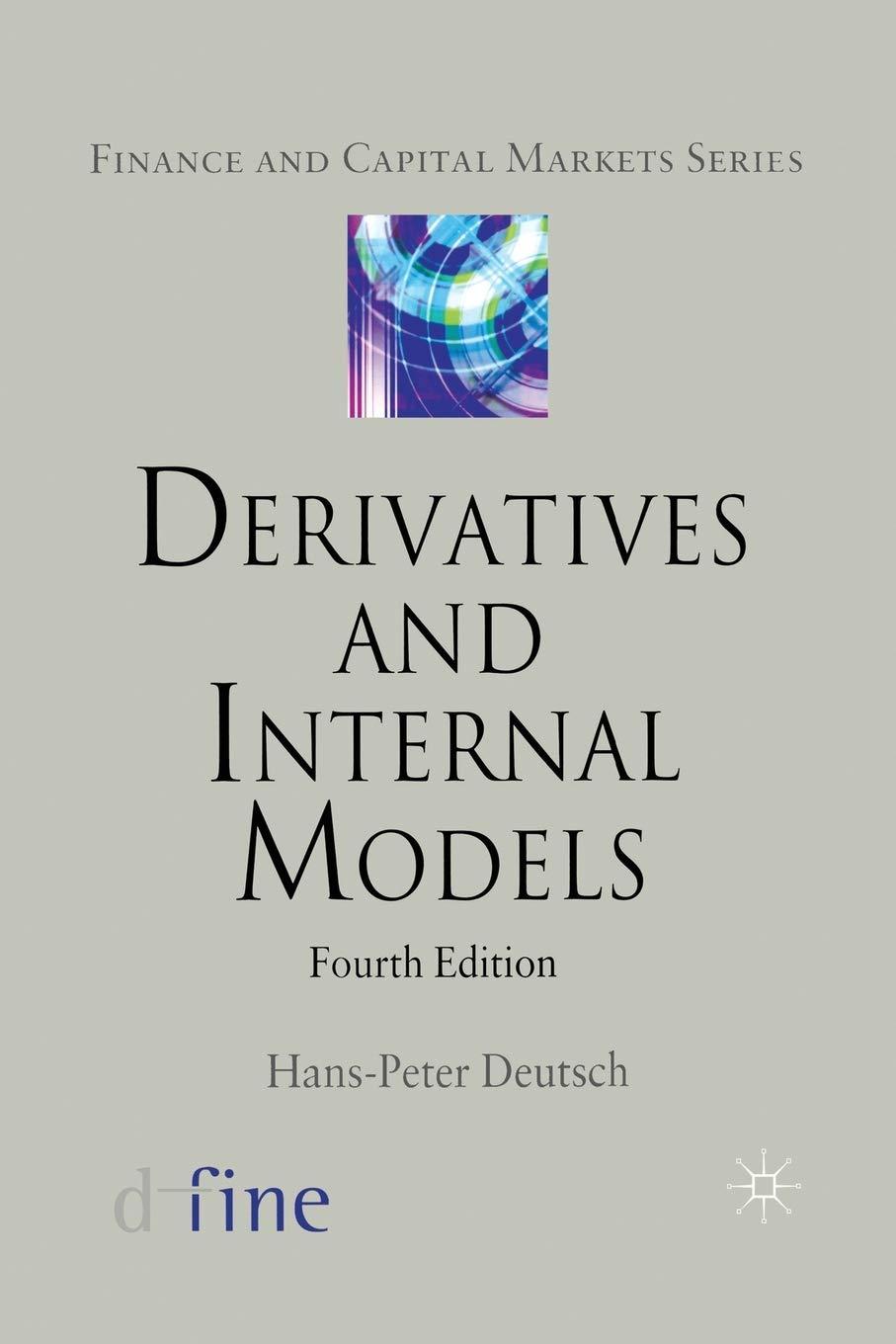Question
What are the primary elements of a Contract? What facts about the case do you find important/interesting? What is the important principle of law determined
What are the primary elements of a Contract? What facts about the case do you find important/interesting? What is the important principle of law determined in the case? What element of contract law does the case implicate?
Case: Lucy v. Zehmer, 196 Va. 493; 84 S.E.2d 516 (1954) was a court case in the Supreme Court of Virginia about the enforceability of a contract based on outward appearance of the agreement. It is commonly taught in first-year contract law classes at American law schools.
Facts:
Defendant A. H. Zehmer and his wife, Ida S. Zehmer, owned a tract of land of 471.6 acres (190.8 ha) in Dinwiddie County, Virginia, known as the Ferguson Farm. Plaintiff W. O. Lucy had known Zehmer for many years and had previously expressed interest in purchasing the farm. Some years prior to the case, Zehmer had orally agreed to sell the farm to Lucy but later reconsidered and declined to complete the sale.
On December 20, 1952, Lucy entered the restaurant owned by Zehmer with a bottle of whiskey in his hand. Lucy and Zehmer consumed a significant quantity of distilled spirits and discussed the possible sale of the farm. Zehmer wrote on the back of the restaurant's receipt stating, "We hereby agree to sell to W. O. Lucy the Ferguson Farm complete for $50,000.00, title satisfactory to buyer". The note was signed by Zehmer and his wife.
Zehmer later alleged that his wife had initially balked at his request that she sign the instrument, but she relented when Zehmer assured her that his intent to sell the farm was merely in jest.
The next day, Lucy spoke to his brother, J.C. Lucy, about the purchase, and he hired an attorney to examine the title. After the attorney assured Lucy that the title was clear, he wrote a letter to Zehmer asking when he intended to close the deal. In his reply, Zehmer insisted that he had never intended to sell the farm and that the note signed by him and his wife was written in jest, consistent with the jovial atmosphere and drunken camaraderie the parties were sharing that evening.
Zehmer claimed on the witness stand that the circumstances were such that Lucy should have known he was too inebriated to agree to the sale. Depositions were taken, and the decree appealed from was entered. It held that the complainants had failed to establish their right to specific performance, and it dismissed their bill.
Decision:
Archibald C. Buchanan, who served on the Supreme Court of Virginia since 1946,[1] wrote for the unanimous court decision, holding that the record suggested that Zehmer was not intoxicated to the point of being unable to comprehend the nature and consequences of the instrument he executed. The circumstances surrounding the transaction were such that Lucy was justified in believing that it was a serious business transaction, rather than a mere jest. On the latter point, Buchanan quoted from the Restatement (First) of Contracts:
The mental assent of the parties is not requisite for the formation of a contract. If the words or other acts of one of the parties have but one reasonable meaning, his undisclosed intention is immaterial except when an unreasonable meaning which he attaches to his manifestations is known to the other party.
Buchanan further held that specific performance was the proper remedy for the plaintiff.
Step by Step Solution
There are 3 Steps involved in it
Step: 1

Get Instant Access to Expert-Tailored Solutions
See step-by-step solutions with expert insights and AI powered tools for academic success
Step: 2

Step: 3

Ace Your Homework with AI
Get the answers you need in no time with our AI-driven, step-by-step assistance
Get Started


